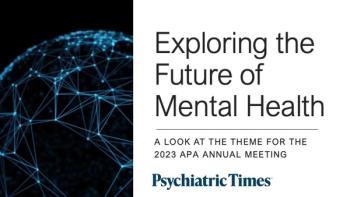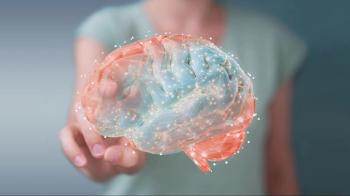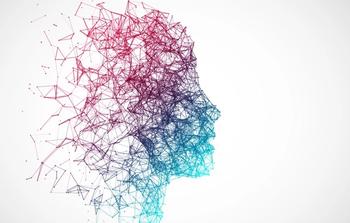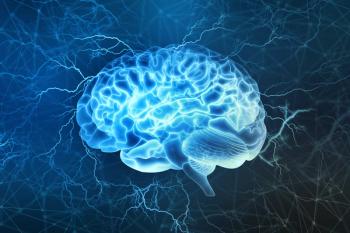
A look at the theme for the 2023 American Psychiatric Association Annual Meeting.


A look at the theme for the 2023 American Psychiatric Association Annual Meeting.

From to co-occurring substance use and eating disorders to treatment options for OCD, here are highlights from the week in Psychiatric Times.

Which innovations can improve measurement, technology, investment, and public policy surrounding brain health?

From the effects of caffeine on smokers with schizophrenia and bipolar disorder to the initiation of a trial for a new ADHD medication, here are highlights from the week in Psychiatric Times.

How can we harness the technologies of today—and tomorrow—to expand access to mental health services?

From the cardiac adverse effects of lithium to the road to over-the-counter naloxone, here are highlights from the week in Psychiatric Times.

What is the buzz about the power of artificial intelligence?

"DTx offer solutions in a number of very challenging spaces and access to care."

From the at-home ketamine experience to the Wit v United Behavioral Health reversal, here are highlights from the week in Psychiatric Times.

"As clinicians who took an oath to 'do no harm,' we must educate the public about the dangers and non–standard of care of the growing practice of at-home ketamine."

How can a robust understanding of the altered-state experience drive the development of therapeutic frameworks that are designed around that experience?

What are the challenges and opportunities for improvement in COVID-19-related mental health care?

Scott Whittle, MD, uses his knowledge and experiences as a payer—with the help of the other panelists—to explain how the FDA uses gathered evidence to make decisions on approvals for PDTs.

Clinicians, pharmacists, and payers discuss how DTx and PDTs are monitored—for access, efficacy, adherence, and more.

Considering challenges and opportunities in digital health solutions for mental health care.

Experts discuss psychiatry’s role in the advancement of AI technologies at the 2022 APA Annual Meeting.

Learn what potential challenges come with mHealth apps and how to overcome them to best fit patient needs.

How can these mHealth apps help in the treatment of depression?

How can mHealth apps help overcome barriers to access to care?

Digital therapeutics may be poised to step up as the next CBT.

The experts weighed in on a wide variety of psychiatric issues for the first Psychiatric Times issue of 2022.

Study also suggests link between postpartum depression and insomnia.

App allows users with serious mental illness to create and share a psychiatric advance directive.

New approaches to ensure that the brain health technology sector continues to flourish for decades.

Here's why the next step in mental health treatment is digital.